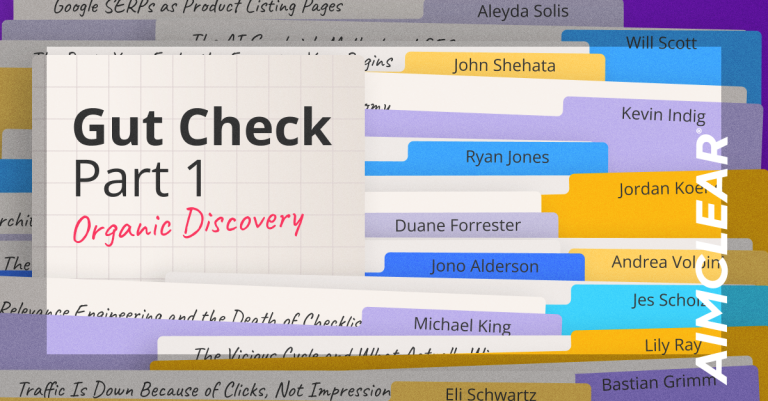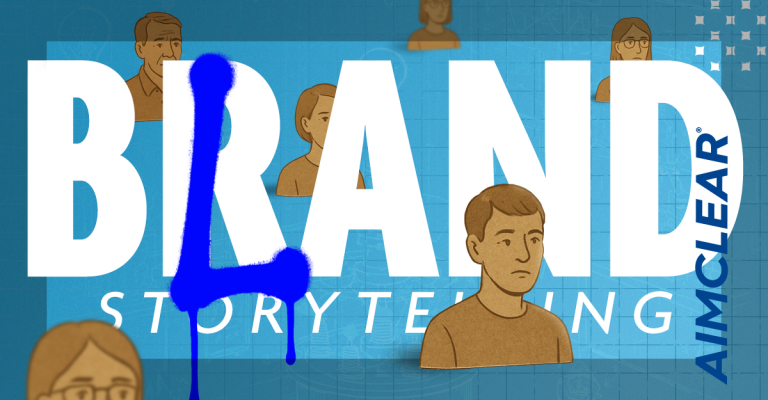
Welcome to those tuning in for our SearchEngineStragtegies Chicago 2009 conference coverage. After a night of tossing and turning in a cold sweat, replaying the brutal defeat of my beloved Vikings :(, I’ve pulled myself together. Hey, at least SES Chi-town 2009 won’t let me down.
My session today (first session of the day titled Search Industry Today) focuses on where the paid search and SEO industry sit after a decade of growth tallying over $10 billion. Will the flow of ad dollars into search soon plateau? Is search too expensive and competitive or is it realizing a larger share of advertising revenues? What is the value of search beyond performance and results? Have most of the SEM + SEO brand strategy insights and performance gains been discovered by the industry or will the road to discovery continue?

My session began with moderator Pauline Ores of IBM inquiring the panel of their background and where exactly they see the search industry today.
Heather Dougherty of Hitwise stressed the ever increasing complexity of SEO with the rise of social media, use of URL shorteners and the implications of universal SERPs.
Anne F. Kennedy of Joblr.com & Beyond Ink stated that SEO is not dead but it has changed dramatically and become more complex. She believes the way people will search in the future will become a highly visual process.
Kevin Lee of Diddit sees search moving away from keyword targeted text links to user behavior in various forms of media.
David Pann of Yahoo! Inc. feels that we’ve really only hit tip of iceberg. Search engines will be going beyond the blue link and striving to really understand consumer intent and how to properly push them through the funnel of task completion concepts.
The panel agrees there will be a significant shift from keyword based search to user based.
First to the podium is Heather Dougherty. She emphasizes the fact that visits to search engines have only continued to increase year-after-year. When you see something growing with such immediate potential, why wouldn’t you want to cut yourself a slice of it?
Dougherty also focused on what happens when companies pull away from search engines with a look at what happened when the FDA slapped many pharma companies with a search advertising warning making them pull their search ads and revamp the way they display their brand. These pharma companies noticed an immediate traffic decline to their websites. Conversely, pharmaceutical related websites received a traffic boost as a result of these pharmaceutical brands pulling the ads.
Next to the podium was Anne Kennedy. She notes that Americans conducted 14.3 billion core searches or nearly 50 searches per person in October.
Global trends Anne suggests keeping an eye on are mobile, visual search & universal search. She makes a comment on the effect of universal search and local business listings on organic results. It’s not about ranking reports or being 1, 2 or 3 in organic SERPs any more. Oh how the playing field has changed.
Universal search is changing how people search eye tracking studies show that eye scanning behavior has changed.
Kevin Lee is next up. He asks the question, where are we on the search growth curve? PPC search inventory is inherently limited. Search engines find new ways to increase what we spend.
Lee believes measured SEO ROI will tank.
- More content competition
- Personalized results and geo ads
- More paid ads
A major point that Lee emphasizes is the need to make certain the fundamentals of your campaigns are met before you jump into re-targeting. He also presents a word of caution when thinking of a performance deal. Such a decision shouldn’t be made without a robust attribution model. Many marketers list search brand lift as an objective yet don’t measure it.
Last to take the microphone is David Pann. David stresses that going forward, search can’t be just about putting up ad and algo links and keeping your fingers crossed. This shift will require search engines and advertisers finding compelling ways to capture consumer intent and doing it in ways that are beyond 70 characters. SERPs will turn into a multimedia rich landing page. The next generation is bringing this multimedia rich content, and presenting in a way that allows the consumer to easily find what it is they’re looking for.
Photo Credit Flickr/raghu ‘n’ chicago








